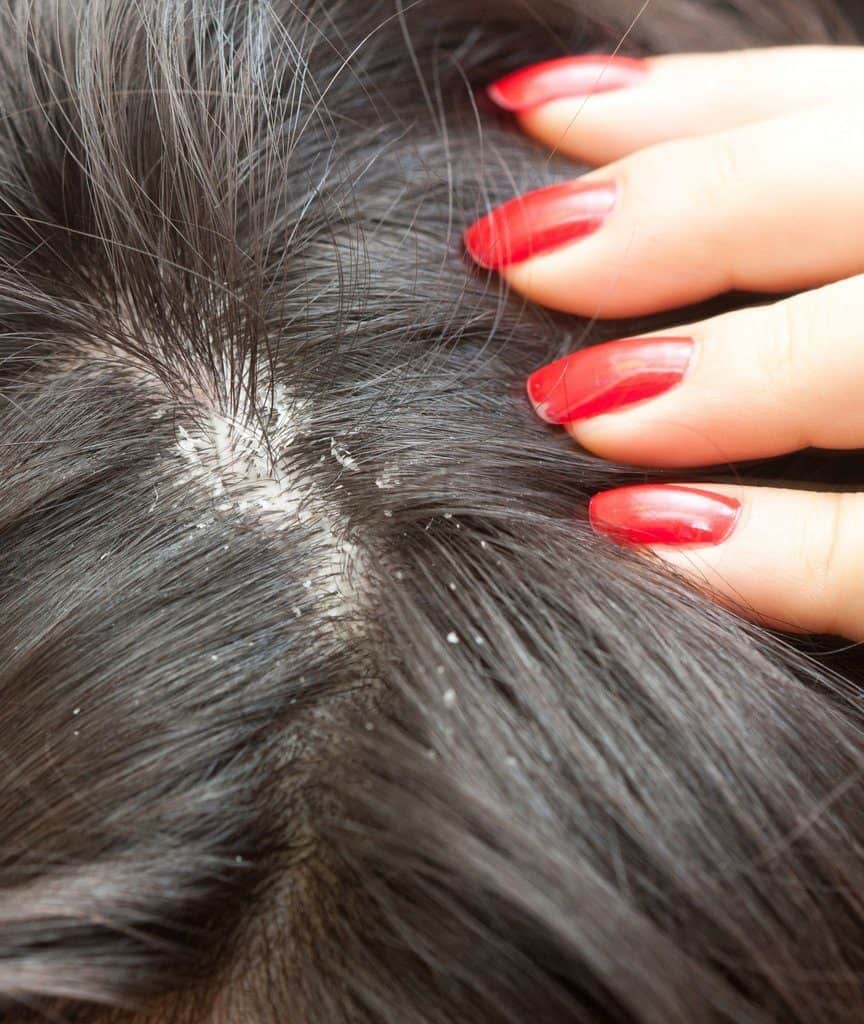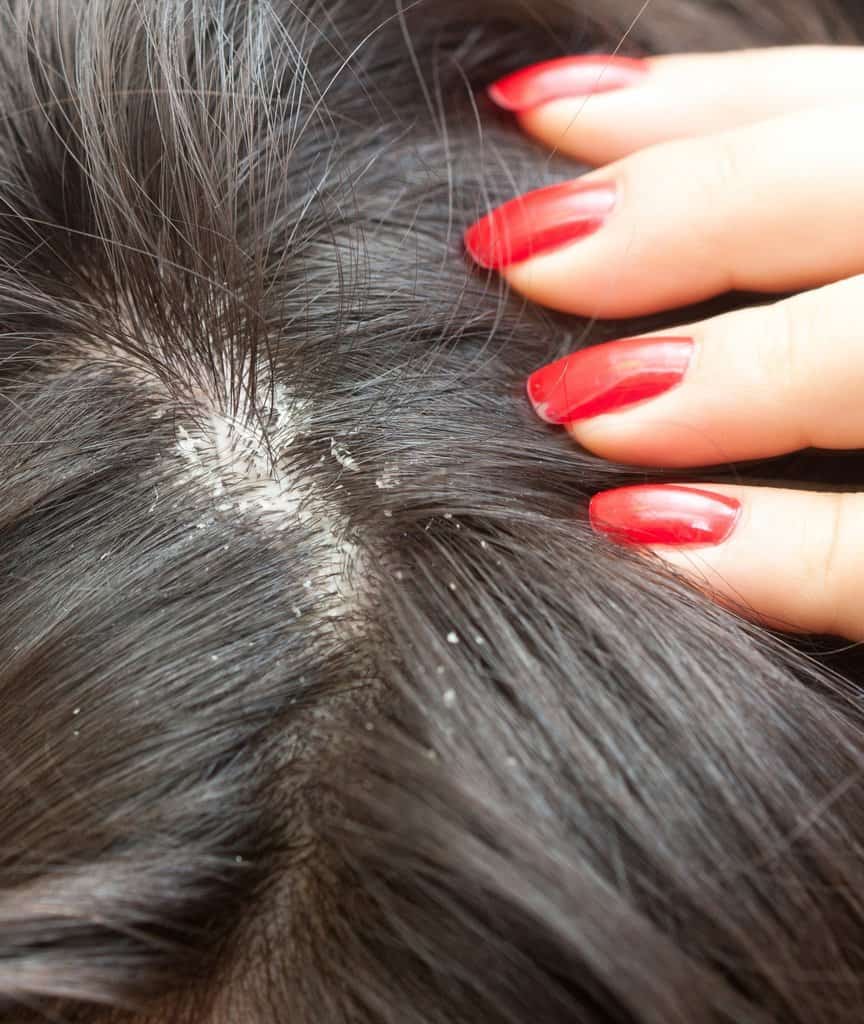
If you experience a dry, itchy, flakey scalp, one of many causes could be to blame. Dandruff can mean a number of things, but, in any case, it’s a common condition. That said, not all causes are created equal.
Scalp psoriasis may feel like simple dandruff because of the dry, itchy flakes it produces. However, a few key differences distinguish it from more mild, seasonal flakes.
● It occurs chronically, rather than sporadically. It lasts through the seasons and tends not to come and go. It’s not contagious. Rather, it’s hereditary, and it occurs when the immune system sends faulty signals and skin cells grow too quickly.
● It tends to be more scaley than flakey. In more mild cases, it can produce silver-ish scales or powder-like patches that come off. But in more severe cases, it’s marked by red, painful outbreaks. Not to mention, the itchiness of scalp psoriasis tends to be more intense and non-stop.
● It may extend beyond the hairline. Psoriasis may affect the areas around your forehead, the back of the beck, and around the ears. Other areas like the palms, elbows, legs, feet, or back may also be affected.
● It starts below the skin. Scalp Psoriasis is an auto-immune disease that occurs when white blood cells made to attack foreign cells attack your skin instead. Doctors can identify this condition based on your symptoms, and this sometimes includes examining a sample of your skin under a microscope. Given the severity, doctors may be able to point you to an over-the-counter shampoo with zinc or other ingredients to remedy the symptoms. Prescription anti-dandruff shampoos such as salicylic shampoos may also be available.
If a simple shampoo switch doesn’t ease the redness or flakeyness, topical creams, ointments or foams can slow or ease the buildup. Certain vitamins and steroids may also reduce the redness and inflammation in mild cases. Moisturizers and cold packs have also been used too.
In serious cases, doctors recommend stronger drugs that affect cell growth, drugs that slow down or treat the immune system, or oral doses of Vitamin A. More obscure treatments may be ultraviolet treatments to control the psoriasis.
Besides clinical treatments, it may prove helpful to use care when combing, shampooing, or putting on and removing hats. Skin affected by scalp psoriasis, when tender and scaley, can fall off and cause bleeding.
Lastly, this condition can be discouraging, so help groups exist to support and encourage those fighting it. You can work with your doctor to set up a specific treatment plan to match your needs and set you on course for recovery.
Disclaimer: This blog provides general information and discussion about medical, cosmetic, mohs, and surgical dermatology. The words and other content provided in this blog, and in any linked materials, are not intended and should not be construed as medical advice. If the reader or any other person has a medical concern, he or she should consult with an appropriately-licensed dermatologist or other health care worker.
